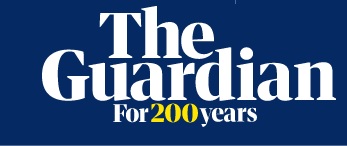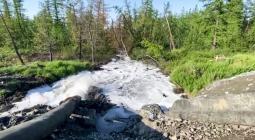Arctic tundra changes are a dire warning for us all
The shift of Arctic tundra and other carbon sinks to carbon sources (Arctic tundra is now emitting more carbon than it absorbs, US agency says, 10 December) reminds us that tipping points are largely irreversible on human timelines. We are involved in teams of specialists and students working to help global governments prepare for the decreasing stability of our planet, climate and societies. This needs fundamental changes while keeping them as steady as possible.
One of us co-authored, with Sir David King and 17 others, a dramatic but essential plan based on vast-scale ecosystem and climate restoration, and behavioural and systemic change.
If we are to survive the gauntlet of the next centuries, the Earth needs us to end values and habits that destroy it, and start new ones. This isn’t trivial: it demands that we relearn that our relationships with people and nature actually matter.
Our era of interconnected crises – climate change, destruction of nature, inequality, pollution, disease – can only be ended by addressing their root causes, ie our numbers, appetites and mindsets of entitlement and convenience.
Climate and ecological tipping points are high-risk domino effects. Where one is tipped, others fall into instability and scarcity. This threatens societies, the natural world and the food and water systems on which all life depends.
Our paper, Earth at Risk, calls on leaders to recognise this crossroads of humanity, stop running in circles and draft new constitutions that are up to the task of navigating the future more wisely. The age of mindless individualism, profiteering and competition is now, evidently to many, ending abruptly.
Cover photo: Wildfires near Yellowknife in Canada’s Northwest Territories in 2023. Fires are turning the Arctic tundra into a net source of CO2 emissions. Photograph: Alamy



